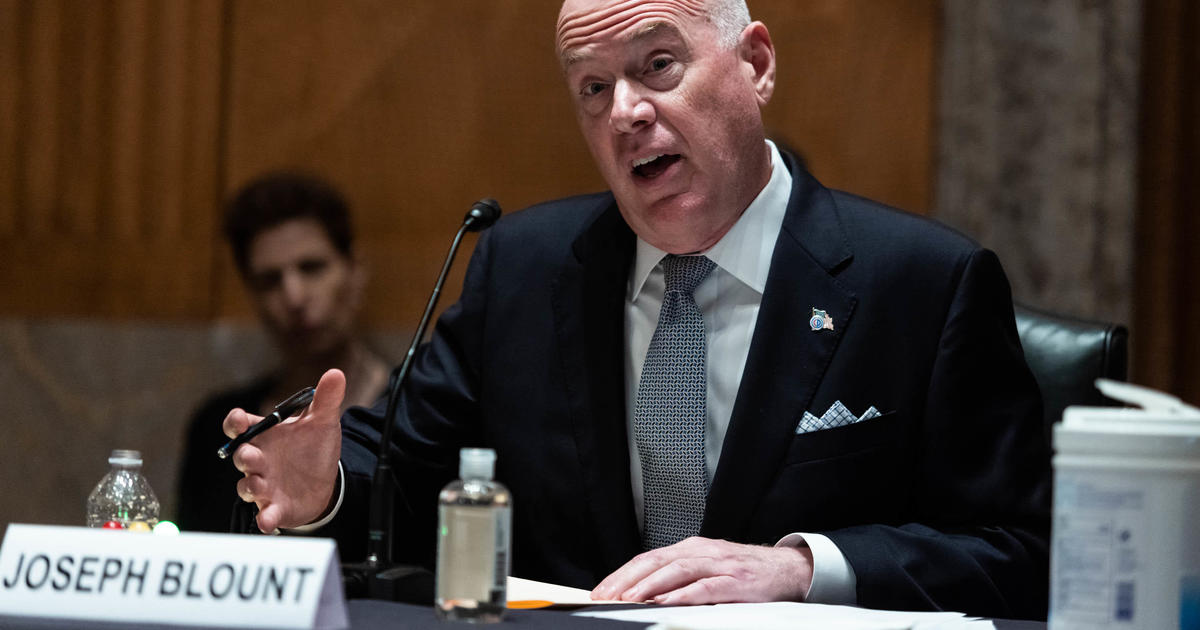
Extorted by ransomware gangs? The payments may be tax-deductible
CBSN
As ransomware attacks surge, the FBI is doubling down on its guidance to affected businesses: Don't pay the cybercriminals. But the U.S. government also offers a little-noticed incentive for those who do pay: If you pay a ransom, it may be tax deductible.
The Internal Revenue Sservice offers no formal guidance on ransomware payments, but multiple tax experts interviewed by the Associated Press said deductions of ransomeware payments as a cost of doing business are usually allowed under law and established guidance. Some called it a "silver lining" for ransomware victims. Those looking to discourage payments are less sanguine. They fear the IRS deduction is a potentially problematic incentive that could entice businesses to pay ransoms against the advice of law enforcement. At a minimum, they say, the deductibility sends a discordant message to businesses under duress.More Related News
